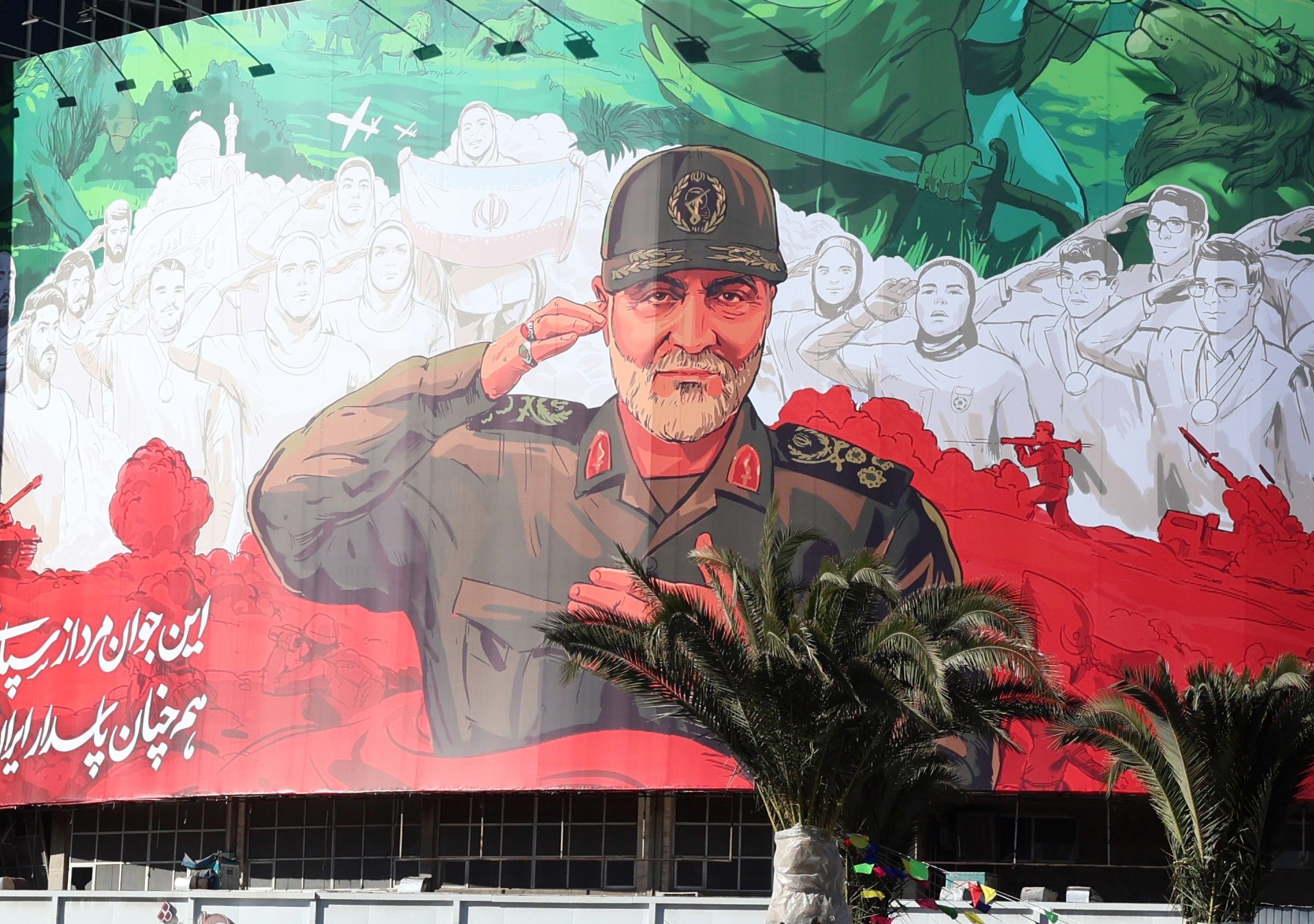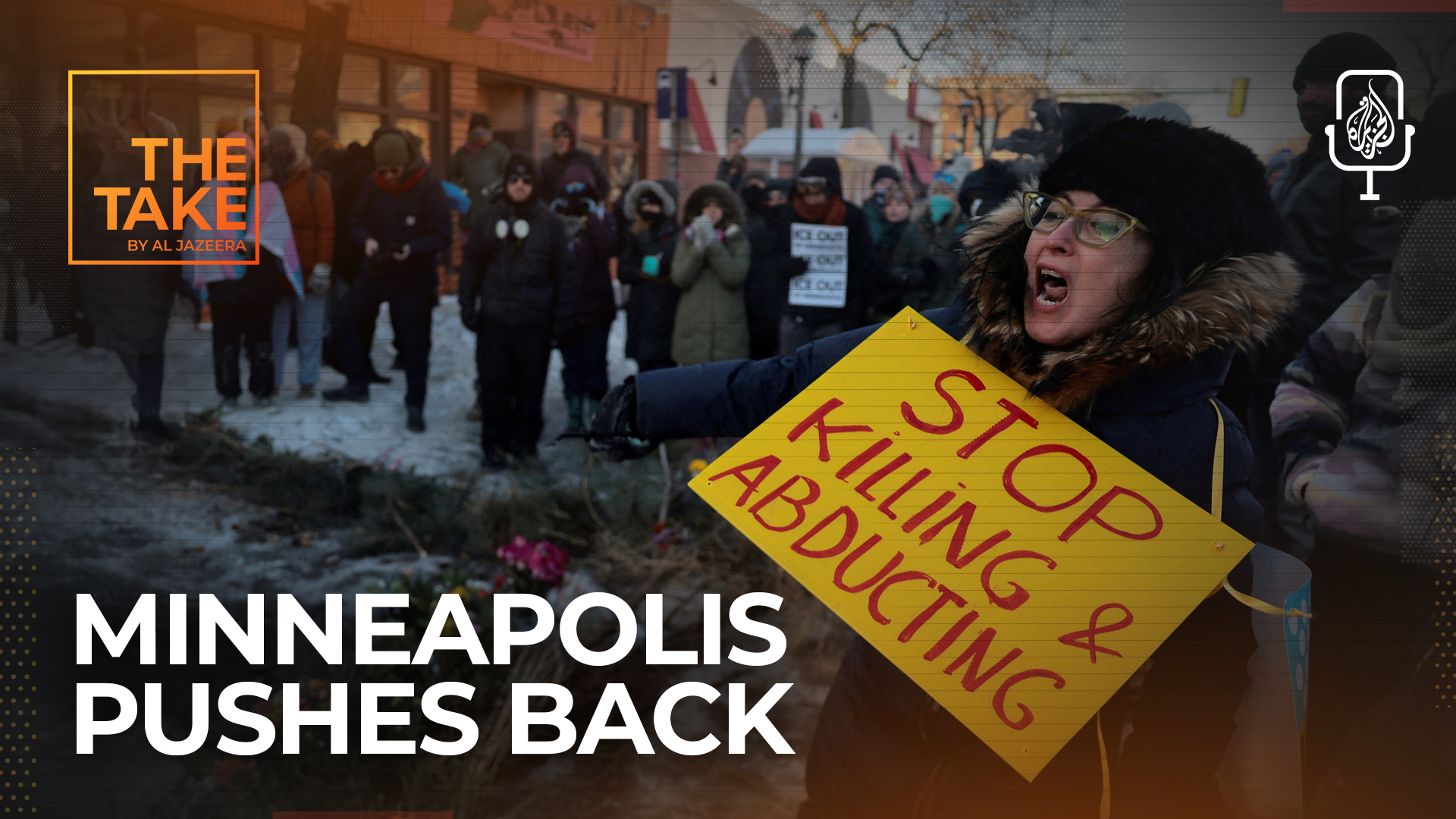French energy giant TotalEnergies has restarted construction of a $20bn liquefied natural gas (LNG) project in Mozambique after being forced to pause operations indefinitely owing to escalating violence in the region.
The company’s executive Patrick Pouyanne and Mozambique’s President Daniel Chapo jointly announced the official relaunch of the project on Thursday at a ceremony near the construction site in Afungi, located in the gas-rich Cabo Delgado province in Mozambique’s northeast.
Recommended Stories
list of 2 itemsend of list
The project, considered one of the largest LNG projects on the continent, was suspended in 2021 as Mozambique, with the help of regional forces, battled to contain ISIL-linked fighting that has killed more than 6,400 people in the past eight years, according to the Armed Conflict Location and Event Data Project (ACLED).
The project, which is designed to produce more than 13 million tonnes of LNG annually, is expected to come on stream in 2029, potentially generating as much as $35bn for government coffers over its lifetime from taxes, oil profits and other contributions, according to Chapo, cited by Reuters news agency.
Pouyanne said in a statement issued by TotalEnergies that the project would bring “significant economic benefits” to the country, creating up to 7,000 direct jobs for Mozambicans during construction, with contracts awarded to local companies “expected to amount to more than USD 4 billion”.
Security is deemed to have improved in Cabo Delgado, particularly with the deployment of Rwandan soldiers around the Afungi construction site. But the delays have cost significant sums of money, forcing the project’s parties to renegotiate terms.
Environmental and human rights concerns
Environmental and human rights groups have denounced the development, claiming it will bring little benefit to Mozambicans, more than 80 percent of whom lived below the poverty line of $3 per day in 2022, according to World Bank data.
Campaign group Friends of the Earth has called the project “a carbon timebomb with huge climate impacts”, alleging that it has also become a lightning rod for human rights abuses, including “killings, beheadings and entire communities fleeing the Cabo Delgado region”.
TotalEnergies is facing two legal proceedings in France, including a manslaughter investigation, after survivors and relatives of victims of the 2021 attack accused it of failing to protect its subcontractors.
It is also the subject of a complaint for “complicity in war crimes, torture and enforced disappearance” filed by the European Center for Constitutional and Human Rights (ECCHR), a German NGO, with France’s national “anti-terrorism” prosecutor.
“The oil and gas major is accused of having directly financed and materially supported the Joint Task Force, composed of Mozambican armed forces, which between July and September 2021, allegedly detained, tortured and killed dozens of civilians on TotalEnergies’ gas site,” said ECCHR last month.
TotalEnergies rejects all the accusations.





